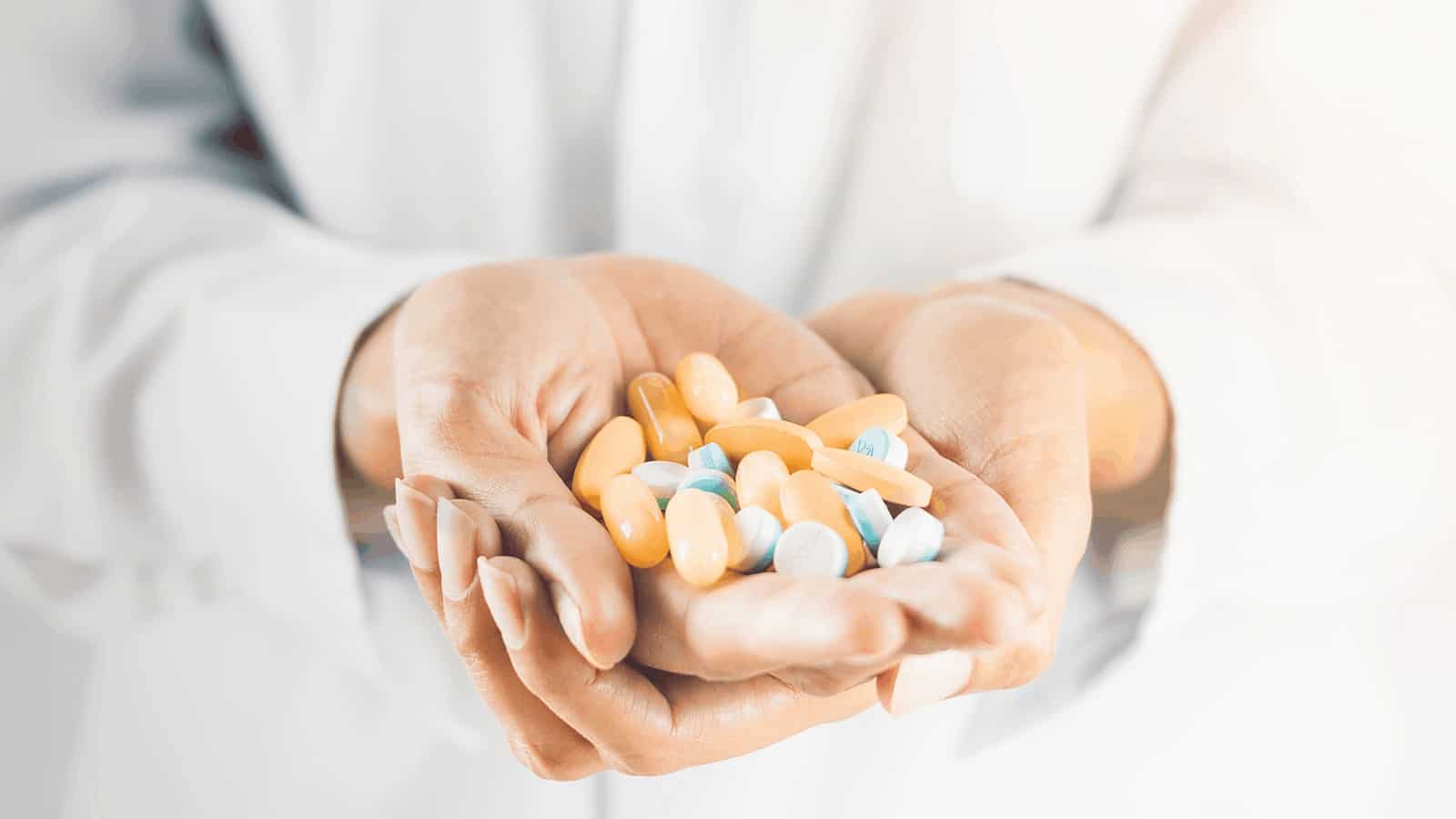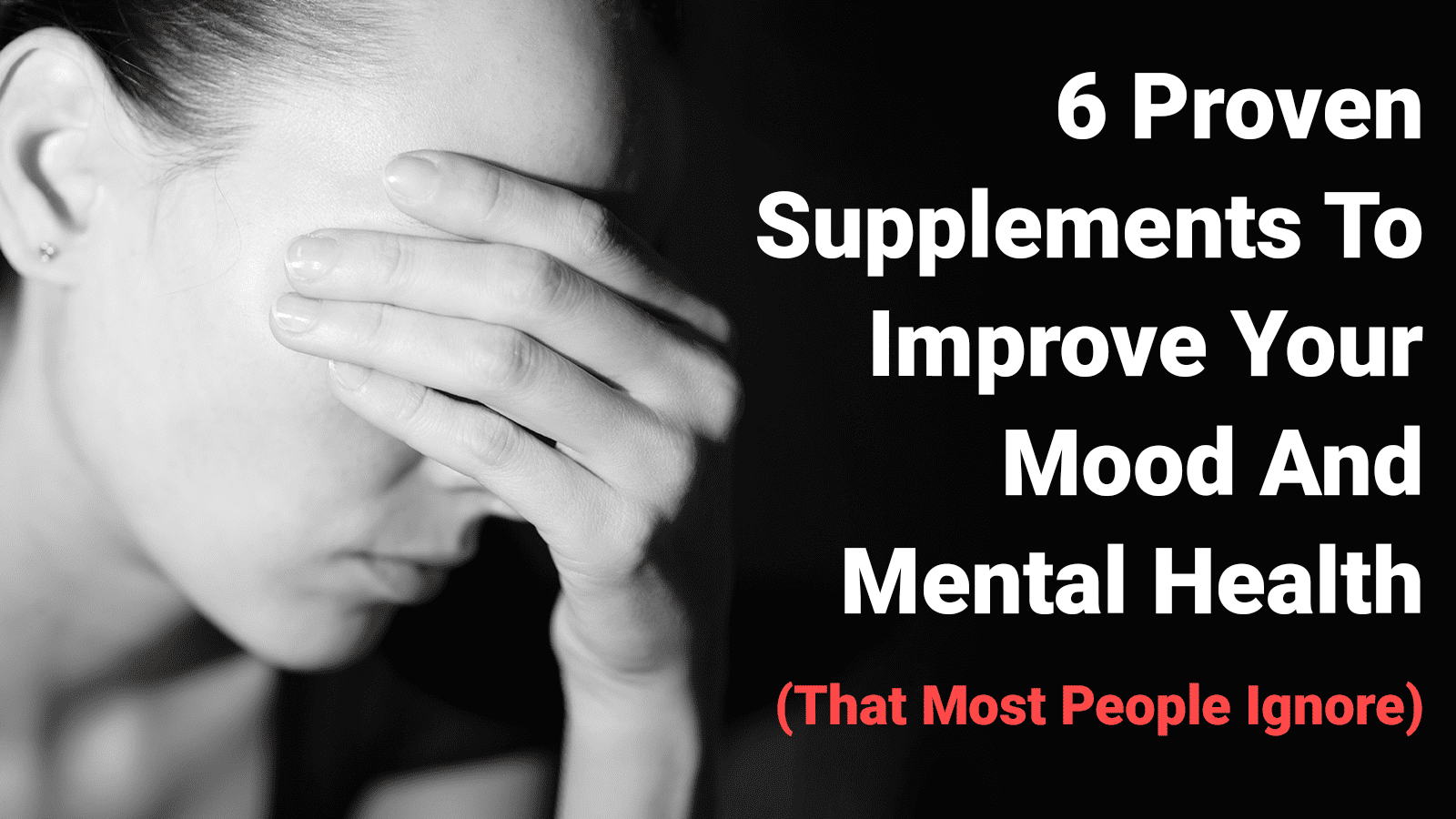Do you take vitamins and other nutritional supplements to boost your overall health and wellness? A lot of people believe in the effectiveness of supplements. Studies from the Council for Responsible Nutrition (CRN) show that 71 percent of adults in the United States use supplements to complete their body’s daily dietary needs. Some of the most commonly taken multivitamins are vitamin D, vitamin C, vitamin B or B complex, omega-3, and vitamin E. But do supplements work?
The effectiveness of supplements might be psychological in some cases. There are manufacturers that do, in fact, state on the label that their product has no guaranteed therapeutic benefits. So, how do you know if the vitamins you’re taking do work and how can you tell if your supplements are not working? Take a look at some early signs that might indicate the supplements you’re taking are not going to be effective.
Here Are 7 Early Signs Your Supplements Are Not Effective
“Just imagine, how much easier our lives would be if we were born with a ‘user guide or owner’s manual’ which could tell us what to eat and how to live healthy.” ? Erika M. Szabo
1. Your supplements are coated for longer shelf life.
Ever notice how some supplement pills are shiny? This indicates that the capsules or tablets have either been waxed or treated with ingredients like shellac or hydroxypropylmethylcellulose. (Long word, right?) Manufacturers add this to the supplements for a longer shelf life. While this might be good for business, it can affect the quality and benefits you get from the vitamins. Coatings decrease the solubility of the capsule or tablet, hence your body won’t be able to absorb the nutrients it needs. This is one way to check the effectiveness of supplements.
2. You’re paying for low-quality products.
Supplements aren’t manufactured equally. Some stores do offer cheaper bottles of vitamins, which might be enticing to buy. But the truth is that these might not contain any active ingredients that could benefit your health. If you’re not feeling any effects after two or three months of intake then switch to a different brand. Splurging a little bit could pay off when it comes to vitamins, but this doesn’t mean that pricier brands have better quality.
Your best bet is to always buy your supplements from a reputable store or manufacturer. Before purchasing, read up on the vitamins and manufacturer too. If you come across details that the supplements have been tested by companies like Consumer Lab, NSF International, and U.S. Pharmacopeia then you can rely on its quality.
3. You depend on your supplements too much.
A Consumer Lab study on multivitamins learned that 46 percent of popular supplements actually do not live up to their supposed health benefits. This is because most supplements have fillers, boosters, and other synthetic ingredients that change its natural contents. As a result, you could be jeopardizing your health if you’re solely dependent on supplements.
The best way to boost your vitamin intake is still the most natural way – by having fruits and vegetables, or foods rich in vitamins and minerals regularly. There really is no substitute for healthy meals. For that matter, there’s also no substitute for a stress-free lifestyle. If you’re taking supplements but still smoke, drink, or overwork your body then you won’t gain the positive effects of taking vitamins, no matter how high quality it is.
4. You’re taking large capsules or tablets.
Dr. Tod Cooperman of Consumer Lab said in a press release that large-sized capsules or tablets won’t likely work because these are the types of supplements that don’t break down well. Thus, your body will have a hard time digesting and absorbing its nutrient. Additionally, supplements in large capsules or tablets usually mean that the pills are packed with additives and lack natural ingredients. Here’s a way to do a simple test at home if the pills are soluble:
- Drop one pill in a lukewarm glass of water with 1/4 cup of white vinegar and let it set for 15 minutes.
- Gently stir the pill in the liquid afterward and let it keep sitting.
- After 45 minutes, check if the pill has broken down.
- In two hours, it should be in dissolved powder form.
If doesn’t turn to powder, it’s likely going to stay in pill form inside your digestive tract, which means the supplements aren’t effective.
5. You’re taking one pill for many vitamins and minerals.
If you’re taking a supplement that contains many vitamins and minerals in just one pill, you’re likely not going to gain from it, Dr. Cooperman added. As much as possible, buy vitamins as a single ingredient. For example, pick a bottle of just vitamin B pills because you can be 90 percent certain that this supplement contains exactly what it says. Forget the bottle with vitamin B, plus zinc and minerals all in one tablet. You can bet you’ll be drinking down placebo pills instead.
6. You’re not storing your supplements properly.
Do supplements work if they are kept in your bathroom’s medicine cabinet? Actually, the humidity in the bathroom could impact and change its composition, hence it will lose its effect. Do supplements work if they’re stored in the refrigerator? Well, some vitamins aren’t supposed to be stored in low temperatures because it will lessen their effectiveness.
Perhaps the best way to store your supplements is in the dining room or breakfast nook since you’re going to take them with food anyway. As much as possible, retain the pills in their original container, which are usually dark colored and opaque. Supplement bottles are made this way so that the capsules and tablets do not get exposed to light.
7. You’re taking expired vitamins.
Expired vitamins don’t end up tasting bad or turn to poison but this doesn’t mean it’s still good to ingest. Expired supplements have actually lost their potency, so your body doesn’t benefit from them anymore. You need to dispose of expired capsules or tablets.
However, don’t dump these in the toilet, as they could dissolve into the water supply and affect other organisms. If you have to put in the trash can, mix the expired pills with dirt, used coffee grounds, or cat litter first so that the pills become unpalatable, according to the Food and Drug Administration (FDA).
Final thoughts
Before purchasing any supplement, consider discussing your options first with a doctor or pharmacist. Your doctors could give you proper dosage and form recommendations, while a pharmacist could guide you about what’s really in the bottle’s ingredients. And remember, positive thinking isn’t enough when it comes to the effectiveness of supplements.


















